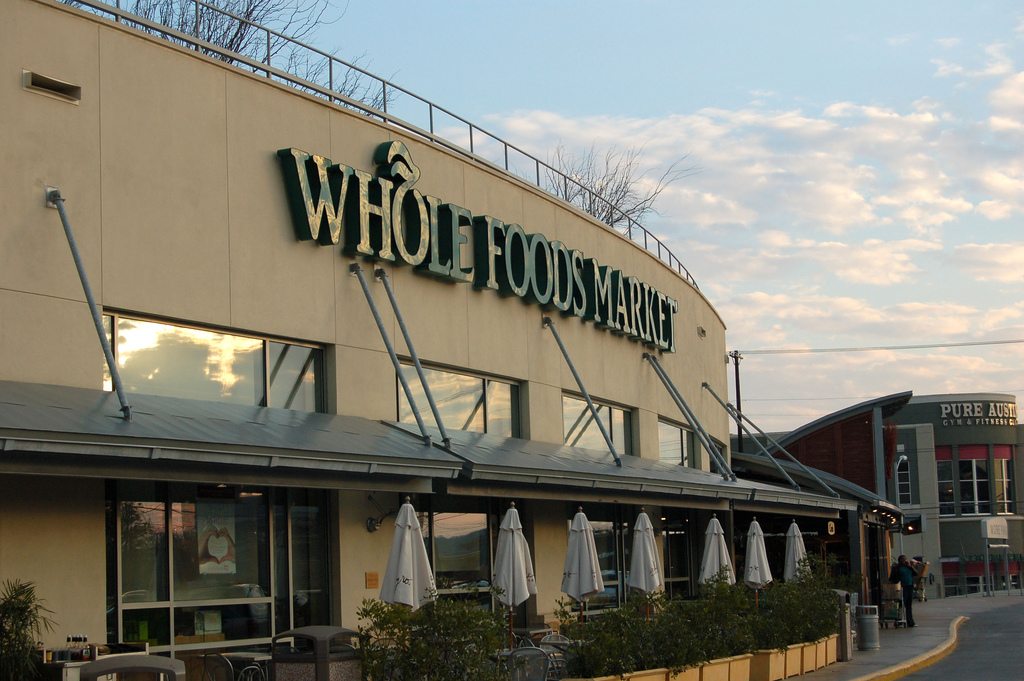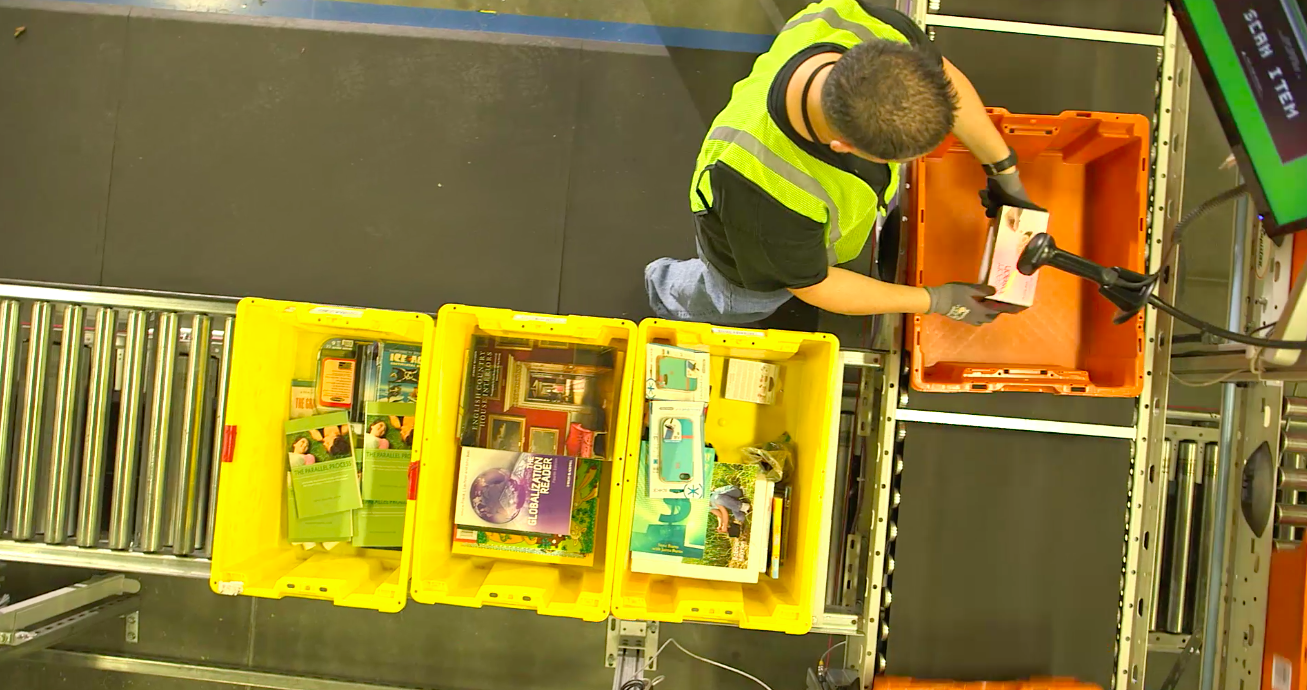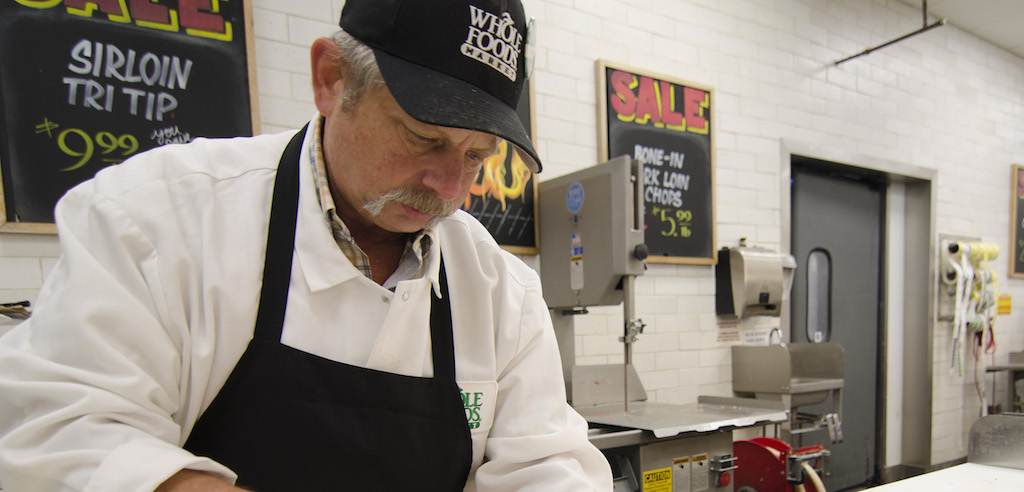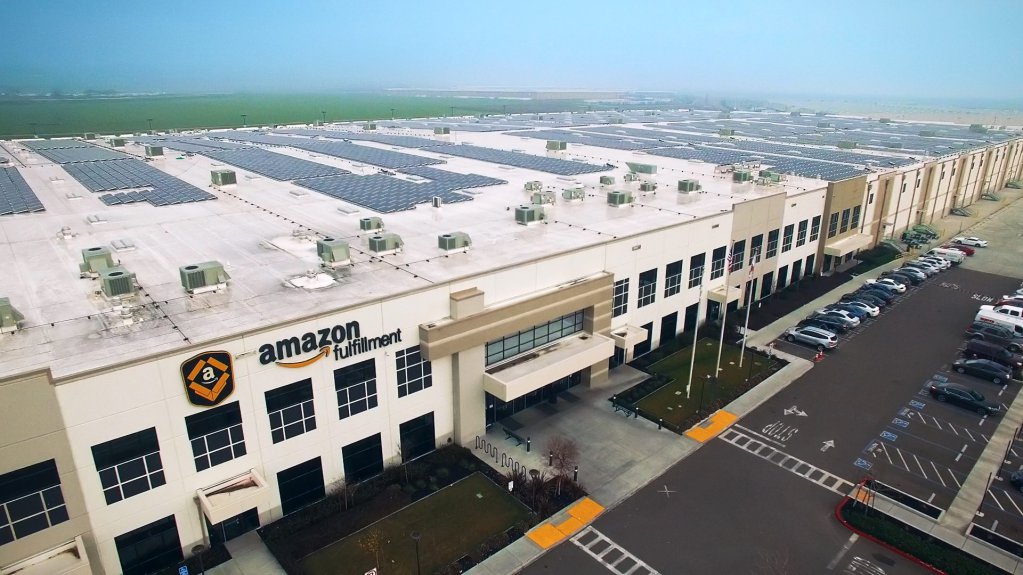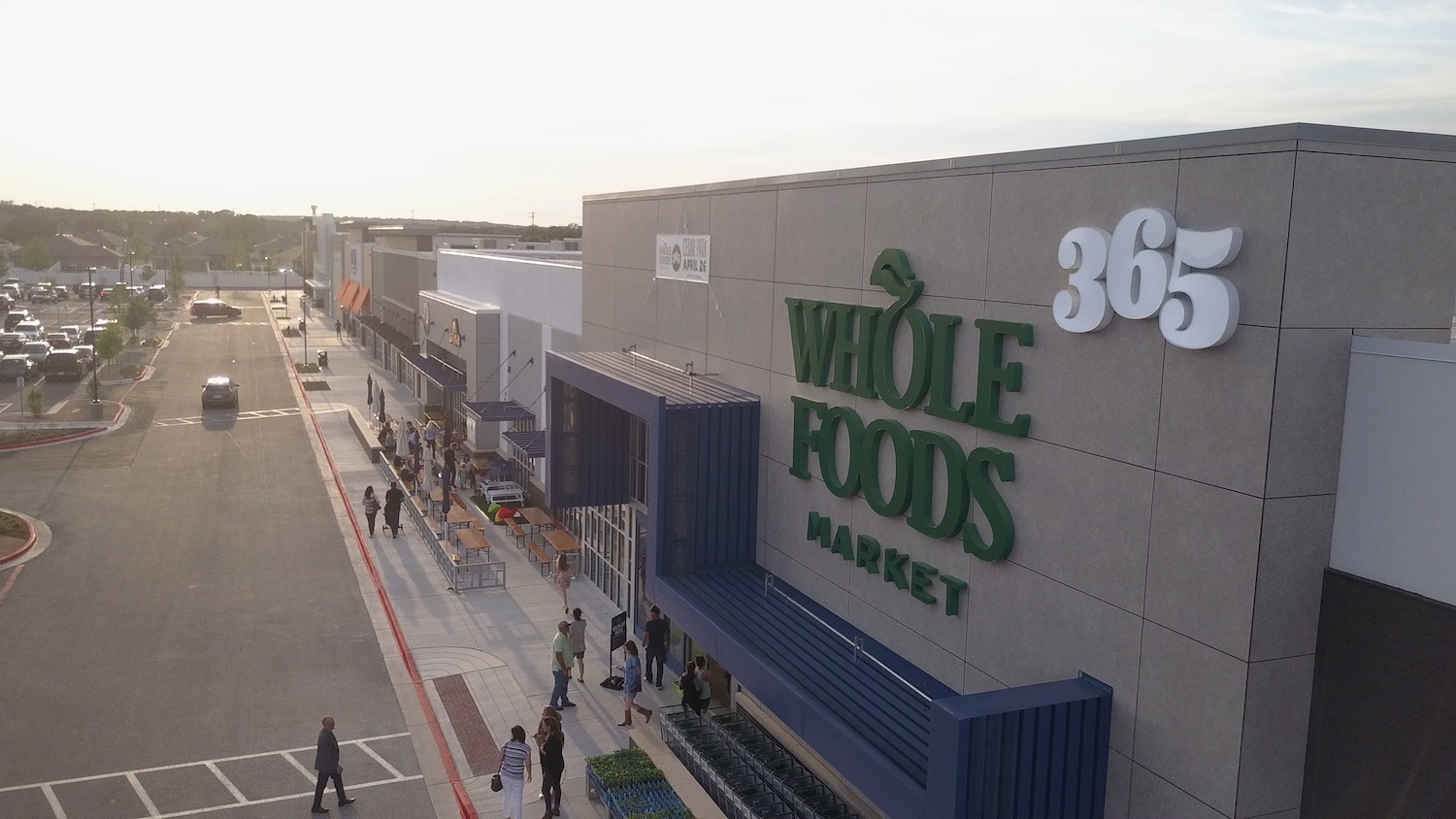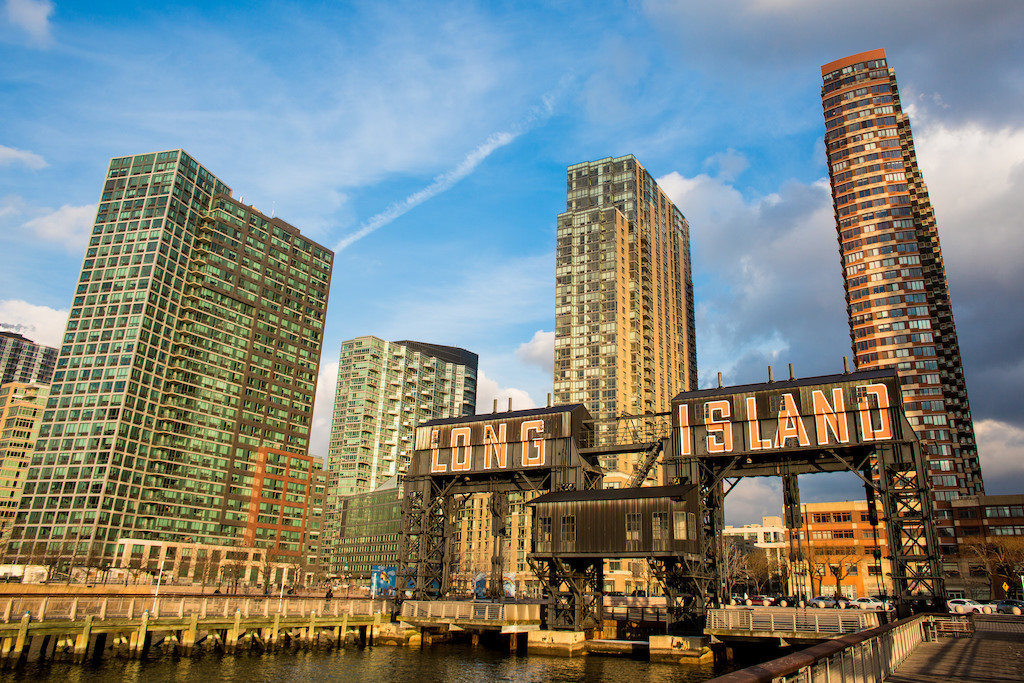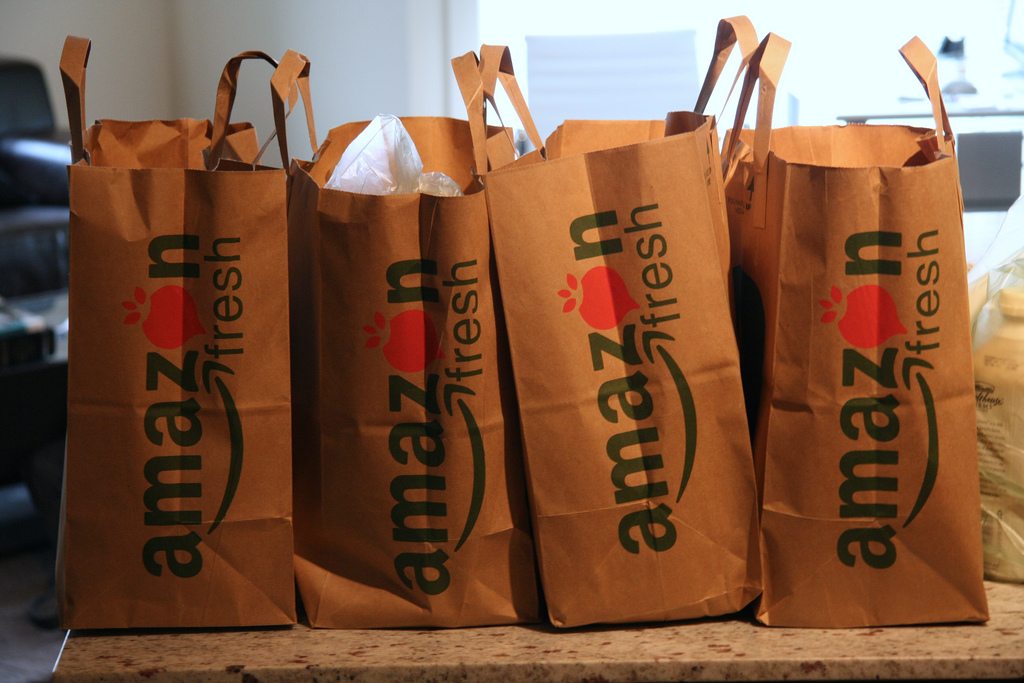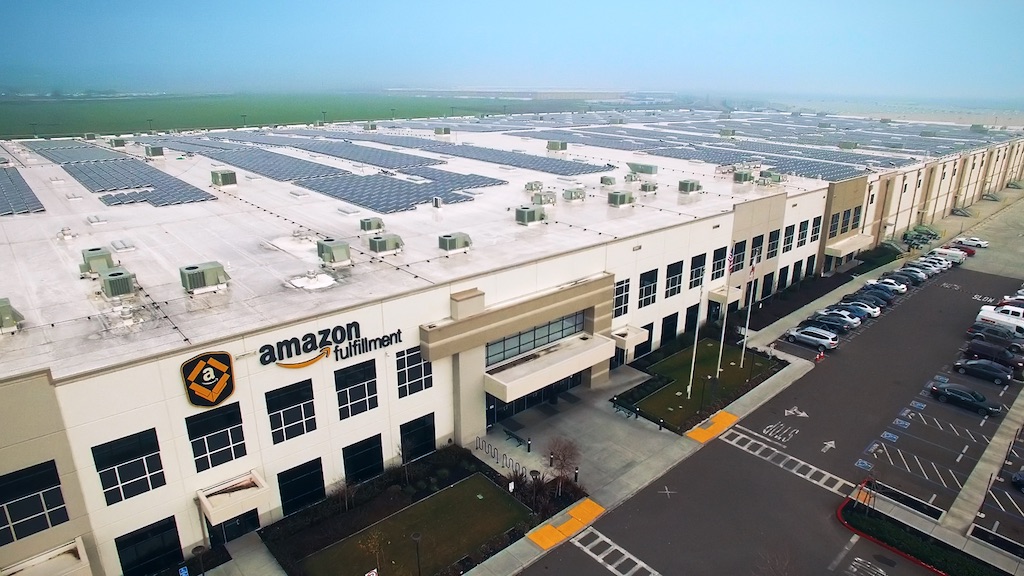Amazon’s announcement in June that it plans to buy Whole Foods for $13.7 billion has led to speculation throughout the retail industry about the corporation’s intentions in the grocery sector. Supply chain and retail workers in particular fear the merger will result in layoffs and less bargaining power overall. Some are ratcheting up unionization efforts in response.
In mid-July, upstate New York-based drivers for United Natural Foods, Inc., Whole Foods’ primary supplier and the largest organic and natural foods distributor in the country, signed a union contract with the Teamsters. In the contract announcement, Teamster representatives cited industry consolidation as a major factor in the push to organize UNFI workers, and noted that the union will provide “much-needed stability” in the wake of Amazon’s pending acquisition of Whole Foods.
Patty Lovera, assistant director at Food & Water Watch, says that it’s not surprising that workers are feeling insecure in anticipation of the potential mega-deal. “Everyone’s wondering if [Amazon] bought Whole Foods as a platform to experiment on,” she says, noting that those experiments could include worker-less stores and shifting the company’s distribution network away from local distribution networks and toward Amazon-style large regional hubs. The question for workers, she says, is “do you want to be an employee in that experiment?”
UNFI warehouse workers and drivers have also unionized with the Teamsters this year in Southern California. The union also represents UNFI workers and drivers in several other regions of the country.
This is not the first time that UNFI workers have spoken out about their working conditions. In 2012, workers at UNFI’s Auburn, Washington warehouse went on strike, alleging that UNFI paid its workers 25 percent less than other grocery workers were paid in the region.
In response to those workers’ complaints, the International Labor Rights Forum, a human rights organization based in Washington, D.C., carried out an investigation into UNFI’s labor practices in the region. The organization concluded that UNFI “engaged in serious violations of workers’ rights of association” and that “those violations were carried out in response to efforts by workers to press for improved working conditions through participation in trade unions.” In 2015, members of the Teamsters union protested UNFI, alleging that the company was still suppressing union organizing.
UNFI grew dramatically throughout the 1980s and 90s through acquisition, buying up many smaller distributors to become the sector’s most dominant player. In 2014, the company bought Tony’s Fine Foods, and in 2016, it bought Haddon House Food Products and Gourmet Guru, a company with $50 million in annual sales.
The United Food and Commercial Workers (UFCW) union, the largest private sector union in the U.S., has also expressed concern about the effects that the Amazon/Whole Foods deal could have on the workers it represents, particularly related to layoffs. In a letter to the Federal Trade Commission in mid-July, UFCW president Marc Perrone wrote that “Amazon’s online business model is built on a brutal foundation of automation to cut costs,” and that the merger “could impact thousands of Whole Foods workers’ jobs.”
Erikka Knuti, UFCW’s communications director, says that the union is taking notes from Amazon’s past behavior as a “disruptive retail model” to see what lies ahead for grocery retail workers. She says workers are concerned that traditional grocery retail jobs are at stake if Amazon reshapes the grocery sector “the same way [they] changed bookstores.”
Whole Foods has also faced criticisms for treatment of its workers. Whole Foods founder John Mackey’s anti-union stance is well known; at one time, the he compared unions to “herpes.” Last year a longtime employee of a Whole Foods store in Washington, D.C. alleged she was fired after advocating for greater workplace protections for workers.
Several members of Congress have called for closer review of the proposed acquisition. Representative David Cicilline (D-RI), the ranking member of the House antitrust subcommittee, called for an oversight hearing on the merger. Rep. Cicilline noted that the merger “occurs amidst waves of consolidation in recent decades that have decreased wages and resulted in gross inequality in the workplace,” and voiced concern that Amazon’s existing power in online retail could position it to become a leading player in online grocery retail as well. Rep. Cicilline’s home district includes most of Providence, where UNFI is based.
And twelve members of the Congressional Black Caucus wrote a letter to Attorney General Jeff Sessions and Federal Trade Commission Chairwoman Maureen Ohlhausen expressing concern about the merger. The members wrote that the merger “may exacerbate the food divide among vulnerable populations,” especially “those in low-income and rural communities” by furthering consolidation in the grocery sector and leading to more grocery store closures.
